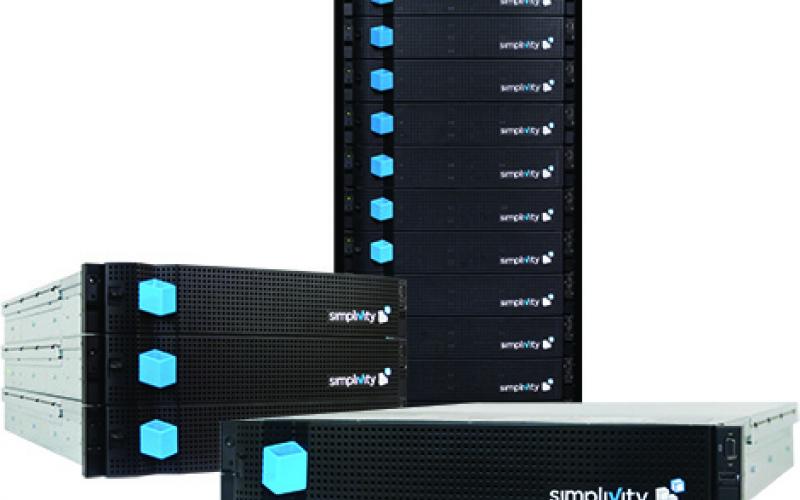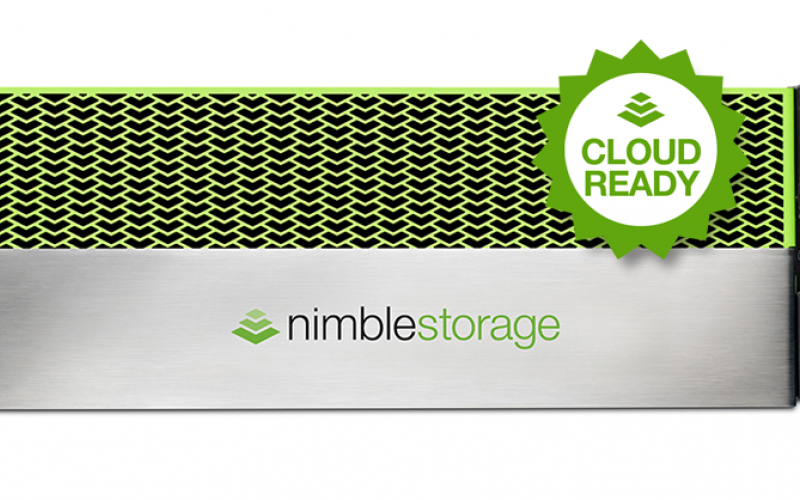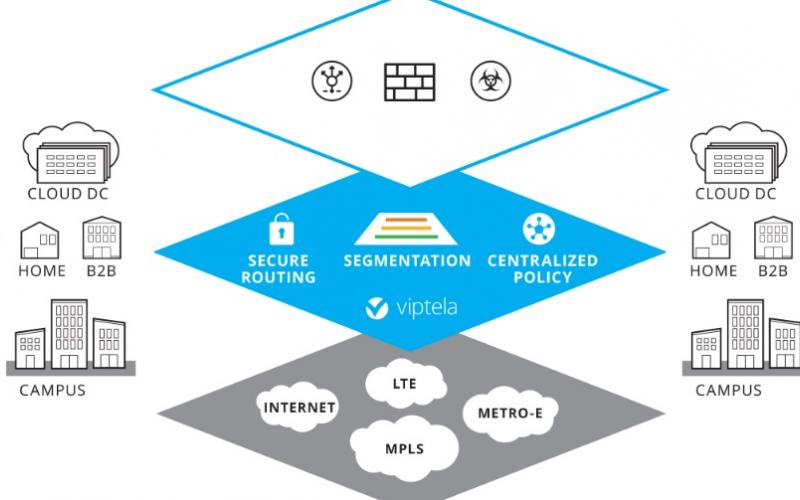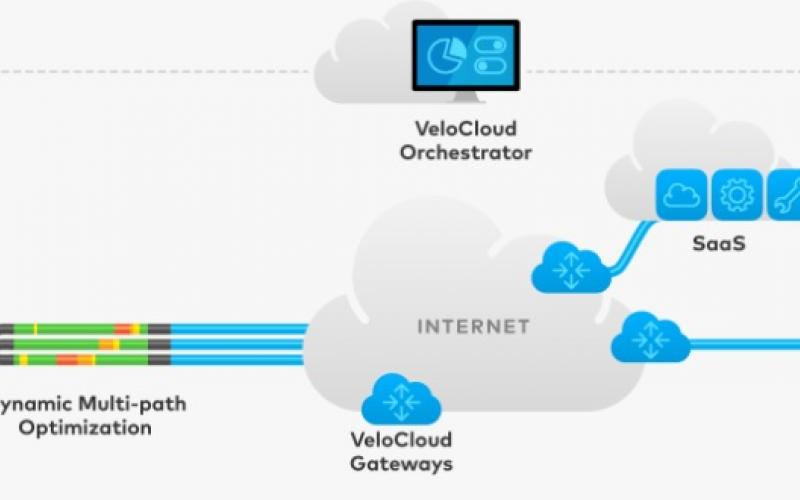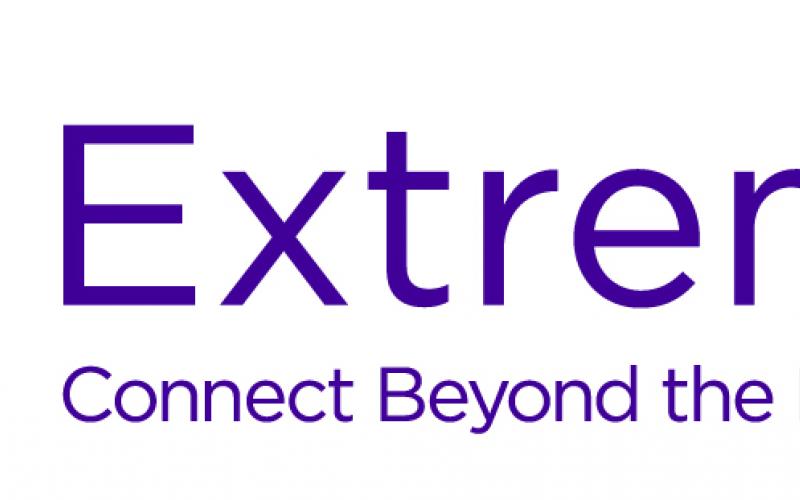As the cloud and software continue to transform IT infrastructure, vendors are making moves to keep up. This year saw plenty of tech M&A activity as established infrastructure vendors bought up hot startups to expand their platforms with new capabilities for the modern enterprise.
Tech giant HPE made a splash in the hot hyperconverged infrastructure space with its $650 million SimpliVity acquisition while rival Cisco acquired its HCI partner, Springpath. Hyperconvergence has been one of the hottest trends reshaping the data center, and established infrastructure suppliers have been eager to get in on what's estimated to become a $31 billion global market by 2025.
Meanwhile, the market for software-defined WAN – another hot trend in enterprise infrastructure -- consolidated with the acquisition of two of the leading pioneers in the market, Viptela by the ever-acquisitive Cisco and VeloCloud by VMware. The deals left few pure-play suppliers in the fast-growing SD-WAN market, which IHS Markit estimates will jump from $137 million worldwide in the first half of this year to $3.3 billion by 2021.
Other technologies that IT heavyweights snapped up include flash storage and analytics.
Many of the acquisitions are driven by enterprise adoption of cloud and more specifically, hybrid cloud, Dan Conde, analyst at ESG told me in an interview. Hyperconverged infrastructure enables private cloud, and acquiring a leader in that market gave HPE the ability to offer customers a range of cloud options. "People want the agility of cloud on-premises for a variety of reasons," he said.
The SD-WAN craze, meanwhile, is driven by the need for companies to provide cloud access to their employees, Conde said. "They realize a lot of traffic goes to Office 365, G Suite, or Salesforce, and they better find a way to adapt their branch office networking and routing to access the cloud efficiently and securely," he said.
Despite the big SD-WAN acquisitions this year, he still sees plenty of opportunity in the market, including managed SD-WAN services. ESG research has found that many companies plan to buy SD-WAN from service providers, he said.
Continue on to review some of the top M&A deals that will impact IT infrastructure in the years to come.
(Image: Freedomz/Shutterstock)







